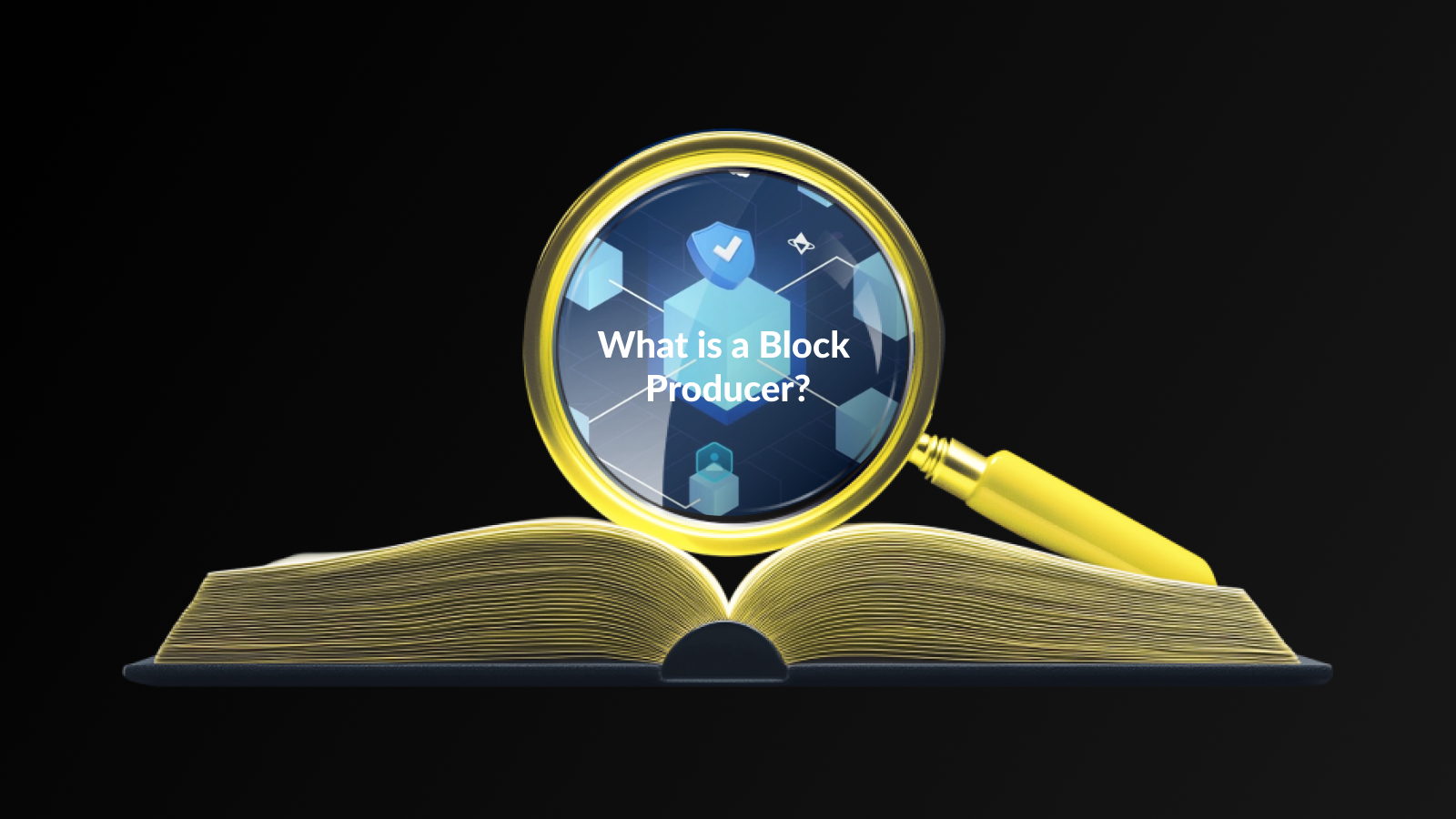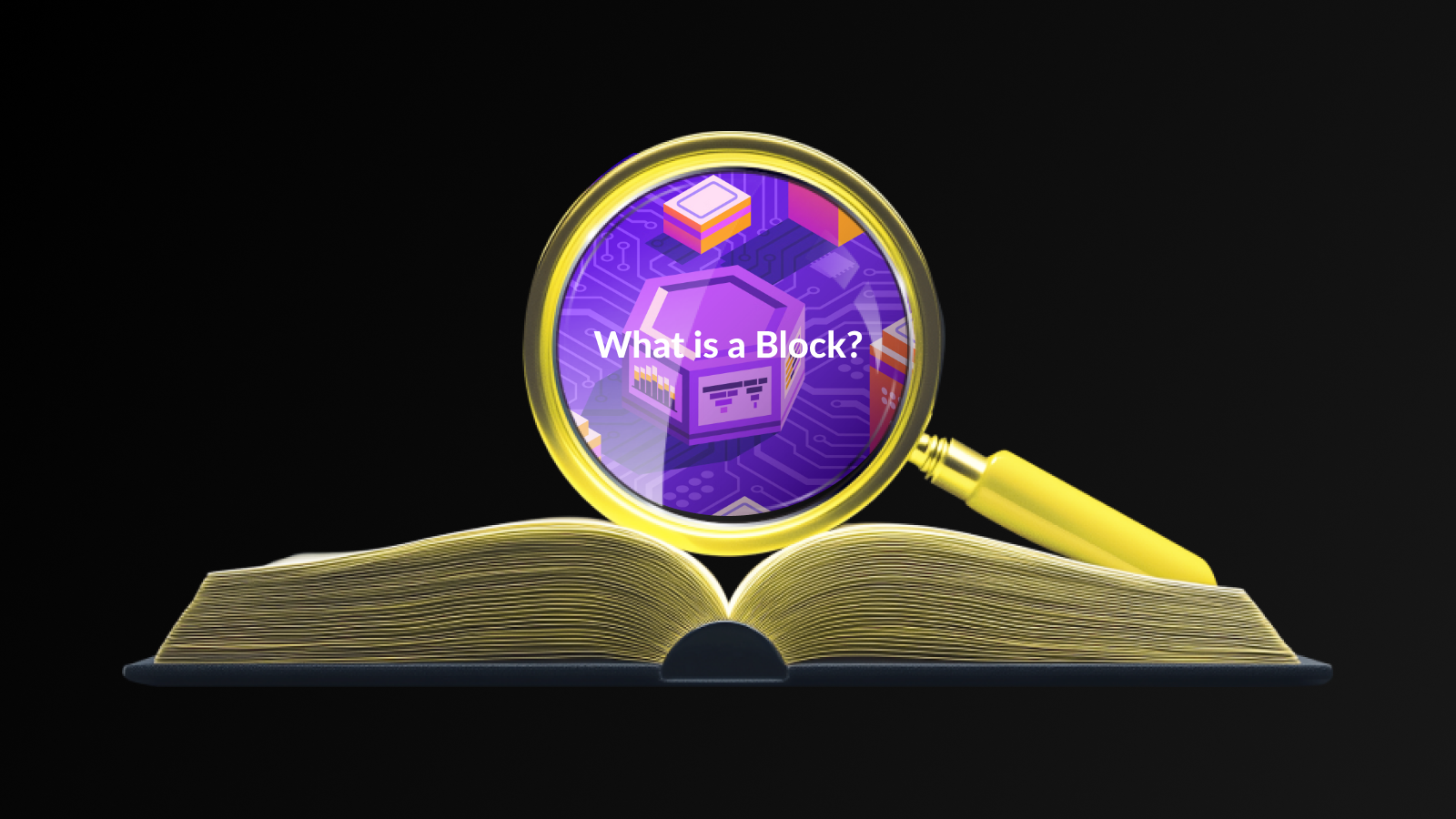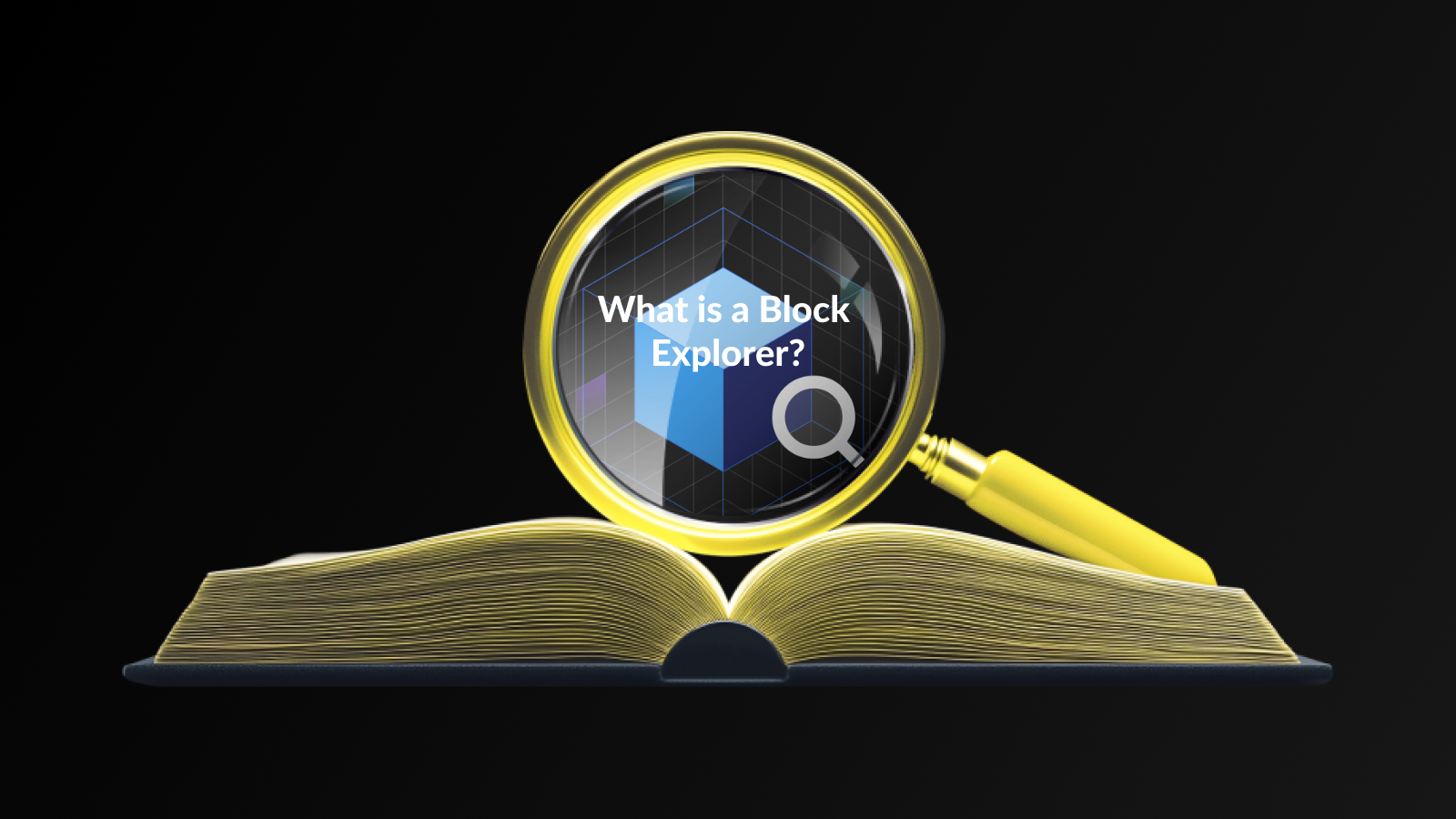Introduction
In recent years, blockchain technology has emerged as a revolutionary force, reshaping industries and transforming the way we conduct transactions. At the heart of this innovation lies the concept of blockchain platforms—secure, decentralized systems that facilitate the creation and management of blockchain applications. This article delves into the intricacies of blockchain platforms, exploring their key features, various types, and how they function. We will also highlight some of the most popular platforms in the market, showcase real-world use cases, and discuss the numerous benefits and challenges associated with this technology. As we look ahead, we will contemplate the future of blockchain platforms and their potential to redefine business landscapes across the globe. Whether you’re a seasoned tech enthusiast or a curious newcomer, this guide aims to provide valuable insights into the world of blockchain platforms. Explore the key features, types, and benefits of blockchain platforms, alongside popular options, use cases, challenges, and future trends in this comprehensive guide.
Key Features of Blockchain Platforms
Blockchain platforms are distinguished by several key features that contribute to their functionality and appeal. One of the most prominent attributes is decentralization, which means that there is no single controlling entity. This structure enhances trust among users, as it minimizes the risk of fraud and manipulation.
Another crucial feature is immutability—once data is recorded on a blockchain, it cannot be altered or deleted without consensus from the network participants. This ensures the integrity of the information stored within the Blockchain Platform.
Moreover, transparency plays a vital role in many blockchain platforms, allowing all participants to access and verify transactions. This openness fosters greater accountability and aligns with the principles of trustless environments.
Security is also paramount; blockchain platforms leverage advanced cryptographic techniques to protect data and transactions. This innovative approach provides a higher level of security compared to traditional centralized systems, allowing users to engage confidently.
Many blockchain platforms offer programmability through smart contracts, which are self-executing contracts with the terms of the agreement directly written into code. This functionality enables automation and efficiency, making Blockchain Platforms more versatile and useful in various applications.
When discussing a Blockchain Platform, it is essential to understand its architecture and functionality. Most blockchain platforms utilize a decentralized structure, meaning that data is not stored in a single location but instead is distributed across a network of computers. This decentralization not only enhances security but also ensures that no single entity has control over the entire network.
Another critical aspect is the consensus mechanism. Most blockchain platforms employ various consensus algorithms, such as Proof of Work or Proof of Stake, to validate transactions and achieve agreement among nodes. This process is vital in maintaining the integrity and reliability of the blockchain.
The programmable nature of blockchain platforms also allows for the creation and execution of smart contracts. These self-executing contracts automate transactions and processes without the need for intermediaries, thereby reducing costs and increasing efficiency.
Furthermore, blockchain platforms facilitate transparency and traceability, making them ideal for industries like supply chain management, finance, and healthcare. As businesses look to improve these aspects, the adoption of Blockchain Platforms continues to grow, offering innovative solutions to traditional challenges.
Types of Blockchain Platforms
Blockchain platforms can be broadly classified into several categories, each designed to serve specific needs and functionalities. One of the most common types is the public blockchain platform, which allows anyone to join and participate in the network. Bitcoin and Ethereum are classic examples of platforms that are public and decentralized, promoting transparency and openness.
Another significant type is the private blockchain platform, where access is limited to a certain group of participants, providing greater privacy and security. Organizations often utilize private blockchains for internal operations to manage data more securely.
There are also consortium blockchain platforms, which represent a hybrid between public and private models. In this setup, multiple organizations collaborate to manage the blockchain collectively, balancing the need for security and transparency among a select group of entities.
One can find hybrid blockchain platforms, which incorporate elements from both public and private blockchains. They allow public access but maintain a degree of private control, catering to businesses that require flexibility whilst ensuring sensitive data remains protected.
What is a Blockchain Platform?
A Blockchain Platform serves as the foundational framework that allows developers to build decentralized applications (dApps) and services using blockchain technology. It is an ecosystem that provides the necessary tools, libraries, and protocols required for the development and deployment of blockchain solutions. These platforms facilitate the creation of transactions in a secure and transparent manner, allowing multiple parties to interact without the need for a central authority.
Within a Blockchain Platform, participants can access shared information, verify the authenticity of transactions, and engage in a transparent process that enhances trust among users. The architecture of these platforms can vary widely, supporting different consensus mechanisms and functionalities to cater to various industries and use cases.
In essence, a Blockchain Platform not only promotes a decentralized environment but also provides developers with the resources to innovate and create applications that harness the capabilities of blockchain technology for various purposes, from finance and supply chain management to healthcare and identity verification.
How Blockchain Platforms Work
A Blockchain Platform operates through a decentralized network where multiple parties can participate and validate transactions. Each participant, known as a node, maintains a copy of the entire blockchain, ensuring transparency and preventing manipulation.
When a transaction occurs, it is grouped with other transactions into a block. This block is then added to the existing chain after it has been verified by the network. The consensus mechanism, often referred to as proof of work or proof of stake, plays a vital role in this process, allowing nodes to agree on the validity of transactions without a central authority.
Once a block is confirmed, it becomes immutable, meaning it cannot be altered without affecting all subsequent blocks. This characteristic ensures trust among users and fosters a secure environment for transactions. Additionally, smart contracts can automate and enforce agreements within the platform, further enhancing its functionality.
A Blockchain Platform operates as a shared ledger that provides users with a reliable framework for conducting transactions, managing data, and connecting stakeholders in a variety of sectors.
When considering a Blockchain Platform, it is crucial to understand its architecture and how it serves various applications. Different platforms have unique attributes, making them suitable for specific use cases. A well-designed blockchain platform can facilitate secure and transparent transactions while supporting decentralized applications.
One of the primary characteristics of a blockchain platform is its consensus mechanism, which plays a vital role in ensuring the reliability of the data stored. It helps in achieving agreement among various nodes, thus maintaining the integrity of the system. The adoption of smart contracts is another significant feature, allowing developers to automate processes and create decentralized applications (dApps).
Furthermore, scalability and interoperability are essential considerations when evaluating a Blockchain Platform. A scalable platform can handle an increasing number of transactions without sacrificing performance, while interoperability ensures seamless communication between different blockchain networks.
The future of blockchain technology hinges on continuously evolving these platforms to meet emerging demands and overcome existing challenges. As industries increasingly adopt blockchain solutions, the pressure will mount for platforms to innovate and enhance their offerings.
Popular Blockchain Platforms
Here are some of the most recognized and widely used Blockchain Platforms in the industry today:
- Ethereum: Often regarded as the pioneer of smart contracts, Ethereum enables developers to create decentralized applications (dApps) on its blockchain.
- Bitcoin: The original blockchain platform, created for peer-to-peer transactions, has evolved to include additional functionalities and applications within its ecosystem.
- Hyperledger Fabric: This open-source project, hosted by the Linux Foundation, is designed for enterprise solutions, providing a modular architecture to meet various business needs.
- Cardano: Known for its strong emphasis on security and sustainability, Cardano uses a research-driven approach to develop its blockchain, focusing on scalability and interoperability.
- Binance Smart Chain: Gaining popularity for its low transaction fees and fast execution times, Binance Smart Chain supports a growing number of dApps and DeFi projects.
- Tezos: This platform distinguishes itself through its on-chain governance model, allowing stakeholders to vote on protocol upgrades, ensuring continuous evolution.
Each of these Blockchain Platforms offers unique features and capabilities, catering to diverse use cases and industries.
When discussing a Blockchain Platform, it’s essential to understand the fundamental components that contribute to its functionality. A Blockchain Platform typically serves as a framework for building decentralized applications and smart contracts, offering various tools, protocols, and services for developers. This versatility not only allows for unique application development but also supports a wide range of use cases across multiple industries.
Moreover, a well-defined Blockchain Platform promotes interoperability, enabling different blockchain networks to communicate and share data. This feature is increasingly crucial as the demand for decentralized solutions grows, with businesses seeking to harness the power of blockchain technology for enhancing transparency and efficiency.
The security features embedded within a Blockchain Platform safeguard transactions and protect users from potential threats. By leveraging cryptographic techniques, these platforms ensure that data remains immutable and tamper-proof, fostering trust in digital interactions.
The continuous evolution of Blockchain Platforms is shaping the future landscape of digital transactions. As developers and enterprises strive for scalability, sustainability, and user-friendly interfaces, we can expect the emergence of innovative solutions that will further identify and amplify the benefits of blockchain technology.
Use Cases of Blockchain Platforms
Blockchain platforms have gained significant traction across various industries due to their unique capabilities and features. Here are some of the prominent use cases of Blockchain Platforms:
- Supply Chain Management: Blockchain technology enhances transparency and traceability, allowing stakeholders to track a product’s journey from supplier to consumer.
- Financial Services: Financial institutions leverage blockchain for secure, fast, and cost-effective transactions, enabling cross-border payments and reducing fraud.
- Healthcare: In the healthcare sector, blockchain platforms are used to securely store and share patient records, ensuring data integrity and privacy.
- Digital Identity Verification: Blockchain can provide a decentralized approach to managing digital identities, reducing identity theft and fraud.
- Voting Systems: Utilizing blockchain for voting can enhance the security and transparency of election processes, ensuring that votes are accurately counted and tamper-proof.
- Real Estate: Blockchain technology simplifies property transactions by providing a transparent ledger for ownership records, thereby reducing litigation and fraud.
- Intellectual Property Protection: Artists and creators can use blockchain to securely register and manage their intellectual property rights, mitigating piracy issues.
- Decentralized Finance (DeFi): Blockchain enables financial services to be delivered in a decentralized manner, offering lending, borrowing, and trading without intermediaries.
- Smart Contracts: Automating agreements through smart contracts on blockchain platforms reduces the need for intermediaries and improves efficiency in various business processes.
These use cases illustrate the versatility and transformative potential of Blockchain Platforms, making them an integral part of many sectors. The continued evolution of this technology promises to unlock even more innovative applications in the future.
What is a Blockchain Platform?
A Blockchain Platform is a digital environment that provides the necessary infrastructure and tools for developing, executing, and managing blockchain-based applications. These platforms facilitate the creation of decentralized solutions, allowing for secure and transparent transactions without the need for intermediaries. By leveraging cryptographic techniques, they ensure data integrity and trust among users.
At their core, Blockchain Platforms enable developers to build customized applications that can range from smart contracts to decentralized finance (DeFi) solutions, enhancing the overall efficiency of various industries. Each platform may offer unique features, consensus mechanisms, and programming languages, catering to diverse use cases and developer preferences.
Benefits of Blockchain Platforms
Blockchain platforms offer a range of significant benefits that are transforming various industries and enhancing the way businesses operate. Here are some of the key advantages:
- Transparency: Transactions on a Blockchain Platform are visible to all participants in the network, fostering trust among users and reducing the potential for fraud.
- Security: Enhanced encryption techniques and decentralized storage significantly increase the security of data, making it challenging for unauthorized users to alter transactional records.
- Decentralization: With no central authority controlling the system, users retain ownership of their data, reducing reliance on third parties and minimizing risks of a single point of failure.
- Immutability: Once a transaction is recorded on a Blockchain Platform, it cannot be modified, which ensures the integrity and authenticity of data over time.
- Efficiency: Smart contracts automate processes and enable real-time settlement, reducing the time and costs associated with traditional methods of transaction processing.
- Traceability: Each transaction can be traced back to its origin, providing an audit trail that is beneficial for supply chain management and regulatory compliance.
- Increased Accessibility: Blockchain technology can provide access to financial services for unbanked populations, democratizing finance and enabling broader participation in economic activities.
Overall, the benefits of using a Blockchain Platform are substantial, making them highly attractive for businesses looking to innovate and improve their operations.
When discussing a Blockchain Platform, it is essential to understand its primary role in the digital landscape. These platforms serve as decentralized environments for creating, executing, and managing blockchain-based applications and services. They provide the foundational infrastructure that supports various cryptographic operations and facilitates transactions securely and transparently.
One of the key characteristics of a successful Blockchain Platform is its ability to ensure data integrity and immutability. This means that once information is recorded on the blockchain, it cannot be altered without consensus from the network participants, thereby building trust among users.
Additionally, Blockchain Platforms often feature smart contract functionality, enabling automated contract execution based on predefined conditions. This capability reduces the need for intermediaries, speeding up processes and lowering costs.
The versatility of a Blockchain Platform encompasses various applications across industries, including finance, supply chain management, healthcare, and more. As the technology continues to evolve, so shall the capabilities and types of platforms available to developers and enterprises alike.
Challenges of Blockchain Platforms
Despite the numerous advantages offered by a Blockchain Platform, several challenges can hinder its widespread adoption and implementation. One of the primary issues is scalability; as more users join the network, the demand for processing power increases, leading to potential slowdowns and higher transaction costs.
Another significant challenge is interoperability. Different Blockchain Platforms often use distinct protocols, making it difficult for them to communicate with one another. This lack of standardization can lead to silos of information that prevent the seamless integration of various systems.
Moreover, security remains a critical concern. While blockchains are inherently secure due to their decentralized nature, vulnerabilities in associated technologies or user practices can still expose them to attacks. The emergence of smart contract vulnerabilities serves as a reminder that security is an ongoing challenge with Blockchain Platforms.
Regulatory uncertainty poses another hurdle. As governments and regulatory bodies continue to develop their approaches to digital assets and blockchain technologies, businesses may face challenges in ensuring compliance, which can slow the adoption of Blockchain Platforms in various industries.
Importance of Blockchain Platform
The significance of a Blockchain Platform cannot be overstated in the current digital landscape. These platforms serve as the backbone for decentralized technologies, enabling secure and transparent transactions across various sectors. By facilitating the creation and management of distributed applications, Blockchain Platforms empower businesses and individuals to engage in peer-to-peer interactions without the need for intermediaries.
Moreover, the rise of cryptocurrencies and digital assets has put a spotlight on the importance of these platforms. They provide the infrastructure required to support not just financial transactions, but also the secure storage and transfer of data, establishing trust in otherwise untrusted environments.
Another crucial aspect of a Blockchain Platform is its capability to enhance efficiency and reduce costs. By eliminating the need for middlemen and automating processes with smart contracts, organizations can streamline operations and focus on innovation rather than administrative burdens.
The role of a Blockchain Platform transcends beyond mere technology; it represents a transformative approach to how we conduct business, manage data, and interact globally. Understanding its importance is vital for anyone looking to navigate the future of digital transactions and decentralized systems.
The Future of Blockchain Platforms
As we look ahead, the Blockchain Platform landscape is poised for significant transformation and growth. Increasingly recognized for their disruptive potential, these platforms are expected to reshape industries around the globe.
One of the most promising areas is the integration of Blockchain Platforms with emerging technologies such as artificial intelligence (AI) and the Internet of Things (IoT). This synergy can enhance data security, streamline processes, and provide new levels of transparency across various sectors.
Moreover, as regulatory frameworks evolve, we anticipate a more structured environment for Blockchain Platforms. With clearer guidelines, businesses can leverage blockchain technology more confidently, attracting investment and driving innovation.
Additionally, the push for sustainability could foster the development of eco-friendly Blockchain Platforms. Initiatives aimed at reducing the carbon footprint associated with blockchain mining are likely to gain traction, making way for greener solutions.
In essence, the future of Blockchain Platforms is not just about technology; it’s also about fostering a collaborative ecosystem. As organizations recognize the value of shared resources and decentralized control, we may witness a surge in partnerships focused on developing interoperable platforms, ultimately broadening the accessibility and utility of blockchain technology.
Disclaimer
The information provided in this article regarding the Blockchain Platform is for informational purposes only and should not be considered as financial or investment advice. While we strive to provide accurate and up-to-date information, the rapidly evolving nature of blockchain technology means that some details may become outdated or change over time.
Always do your own research and consult with a qualified professional before making any financial decisions related to blockchain platforms or other cryptocurrencies. We do not assume any responsibility for any loss or damage resulting from your reliance on the information provided herein.
Please note that using a Blockchain Platform may involve risks, and it’s essential to understand these risks thoroughly before engaging with any specific platform or technology.
Frequently Asked Questions
What is a blockchain platform?
A blockchain platform is a technology framework that allows developers to build and deploy blockchain-based applications. It provides the necessary tools, protocols, and infrastructure for creating decentralized solutions.
How does a blockchain platform work?
A blockchain platform works by using a distributed ledger technology to store data across multiple nodes. Each node maintains a copy of the blockchain, which ensures transparency and security, making it difficult to alter past records.
What are the key components of a blockchain platform?
Key components of a blockchain platform include consensus algorithms, smart contracts, a user interface, application programming interfaces (APIs), and a network of nodes that participate in the blockchain.
What are some popular blockchain platforms?
Some popular blockchain platforms include Ethereum, Hyperledger Fabric, Binance Smart Chain, Cardano, and Solana. Each platform has its unique features suited for different use cases.
What are smart contracts in a blockchain platform?
Smart contracts are self-executing contracts with the terms of the agreement directly written into code. They automatically enforce and execute actions based on predefined conditions, enhancing trust and reducing the need for intermediaries.
What are the use cases for blockchain platforms?
Blockchain platforms can be used in various sectors including finance (cryptocurrencies, cross-border payments), supply chain management, healthcare (patient records), and identity verification, among others.
How do blockchain platforms ensure security?
Blockchain platforms ensure security through cryptographic techniques, decentralized consensus mechanisms, and immutability of records, making it extremely challenging for unauthorized parties to alter or tamper with the data stored.
Disclaimer
The information provided in this article regarding the Blockchain Platform is for informational purposes only and should not be considered as financial or investment advice. While we strive to provide accurate and up-to-date information, the rapidly evolving nature of blockchain technology means that some details may become outdated or change over time.
Always do your own research and consult with a qualified professional before making any financial decisions related to blockchain platforms or other cryptocurrencies. We do not assume any responsibility for any loss or damage resulting from your reliance on the information provided herein.
Please note that using a Blockchain Platform may involve risks, and it’s essential to understand these risks thoroughly before engaging with any specific platform or technology.





